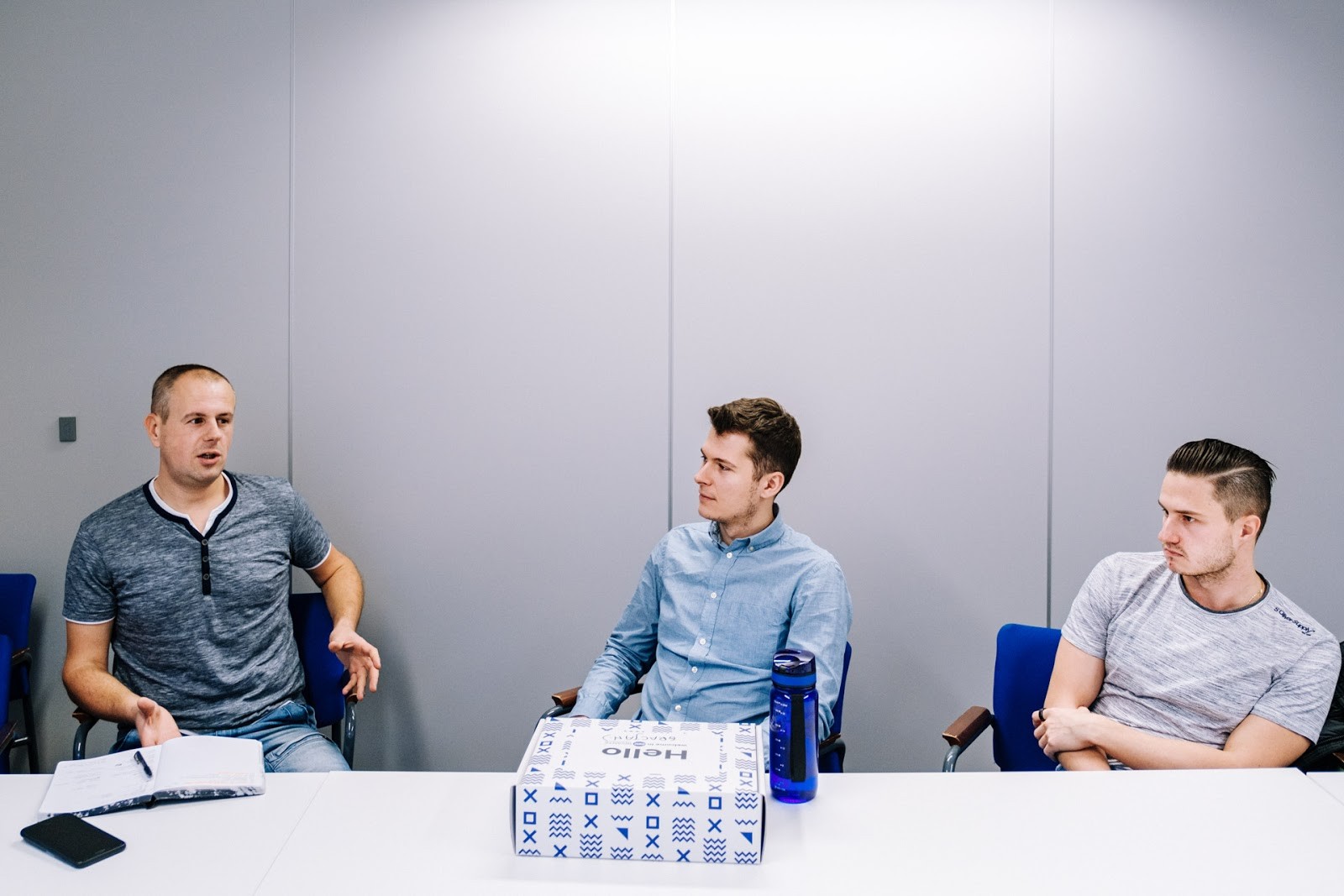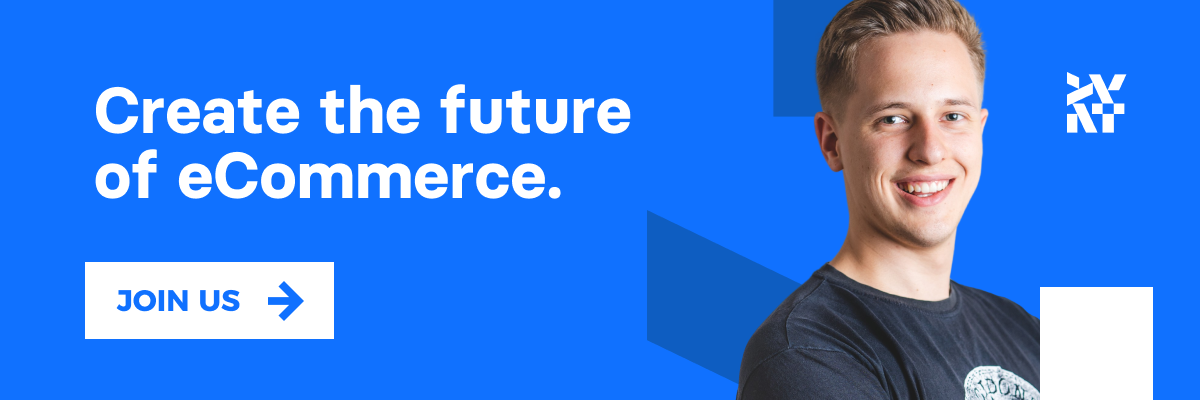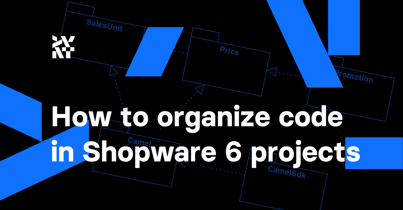What to do to recruit effectively and for a long time? How to find good employees? And how to prepare for an interview at Divante?
Check out available job offers in Divante ➝
The recruitment process: then and now
People used to be loyal to their employers for a number of years, if not their entire working lives. Today, it is normal to change job every few years. In fact, in the IT industry, the average length of employment is only about two years. Regardless of this churn, companies in the IT industry still have to reach the best people.
Divante is a good example of a company that bucks the industry trend, managing to identify, attract, and retain talented people. The larger part of employees have worked at the company for well above the average two years and the employee turnover is low. During the Divante Winter Summit 2019, as many as 20 people received long-service awards for completing a 5-year tenure with the company. This is proof absolute that Divante has created an environment for the long term worker. I asked some people from the Divante HR department about the best practices that underpin the recruitment process that is the heart of this success.

Best practices in the modern recruitment process by Divante HR team
Be specific and tell the truth
When trying to attract candidates, cliché and a lack of specifics immediately turn people off of your company’s offering. It’s better to be specific about the job requirements and expectations. Don’t diminish the power of your advertisement by using the same clichés and generalisms that every company tries.
“We have a great amount of knowledge about the project to which we are recruiting people. We give candidates as much of that context as we possibly can because they want to know about the business perspective, the solutions they will build, and the technologies they will use. They also care about the team in which they will work, who is in it, why we are looking for a new person, and how they work. A lot of companies don’t pay attention to these details; they spend too much time trying to convince people that they are a ‘world leader’ in a ‘fast-growing industry’ with ‘attractive benefits’. Experienced candidates expect something more specific.”
Renata Hara, HR Specialist at Divante

Keep in touch with the candidate in a human way
Hardly anyone likes it when someone starts a conversation and it is clear they have an angle of some kind. We talk more openly when we feel someone is interested in us as a person and has no ulterior motive.
“The most important thing is to show your sincere interest in the person and what he or she wants to do and develop in. Don’t try to start a conversation with “you’re a PHP developer, and I’m looking for such a specialist.” Try approaching people in a way you’d like to start a conversation with somebody you just met at a party who seems interesting and you’d like to simply get to know them better. This is the best mindset you can have, especially now when it is an employee’s market. Some recruiters complain about it but I love it. A marketplace with favorable conditions for employees is the best place to quickly separate the good recruiters from the poor ones.”
Przemysław Wolski, Recruitment Team Leader / HR Specialist at Divant

If someone doesn’t answer the phone, it doesn’t mean they’re not interested
Don’t be afraid of the phone. If people don’t answer, they’ll call you back or you can call again. Don’t hide where you get your contact from. Be honest with them. Control who you write to or call and re-contact if no one answers. Not answering doesn’t necessarily mean not being interested. Someone may not have seen the message, was busy at the time, or was traveling.

Personalize your messages. Take an individual approach to people
Sending an identical message to a large, unspecified group of people is a mistake.
“They say you have to hook up a hundred people to get one employee. I don’t agree with that statistic. I think that recruitment focused on a smaller circle of recipients—people who are very well suited to the profile—can bring better results. First of all, it is important to look from the perspective of the employee who we want to hire. It is worth considering why a given offer may be of interest to him or her. It is also important to try different methods of contact. If we have a narrower group and more time to invest in each person, we can consider contact channels other than Linkedin. We strive to treat these selected people more humanly, more consciously and reliably. People feel this approach and appreciate it.”
Renata Hara
Make sure your message is personalized, interesting, and eye-catching. The effort will pay off immediately or in the future.
“I was recently in contact with a candidate from Łódź who was very locally involved. The first thing I said to him was, ‘I don’t like Łódź. I’ve been there a few times and the only place I liked was the Ocalałych Park. I can see you’ve lived there for the past eight years, maybe you can try to convince me that Łódź is great and I should give it another shot.’ He responded and we then had a really friendly conversation about Łódź and possible cooperation.“
Przemysław Wolski

Learn new ways to find passive candidates
Passive candidates are people who are not looking for a job at the moment. They don’t advertise themselves but might be recommended by their friends. This is an area where you have to be able to move around in times of a shortage of skilled workers.
“These are the people I recruit most often. You need a lot of skills and tools to reach such people. The best approach is to inform people where we got the contact details from, as this can be a sensitive subject. It’s also a really good conversation starter. Who wouldn’t be surprised that somebody found their email via some old forum from years back when they played ‘Dungeons & Dragons’ with their friends? As a recruiter, you have to constantly develop your skills and change tools from time to time, while always looking for new ones! It is worth learning something new every day; invest at least 15 minutes of your day to learn a new method, solution or idea that you can check during rest of the day. You can be great with people but without learning new methods, you will end up contacting candidates via telegram”
Przemysław Wolski
Recruitment at Divante. How to prepare for an interview?
Surely the candidate should know as much as possible about the company. They should know technologies, projects, and customers, and be able to adjust this knowledge to the position he or she is applying for. A good level of English is important at Divante as clients come from all over the world and company-wide communication is in English.

Let’s see how the recruitment processes looks in Divante. In the beginning, a candidate profile is created based on the current needs of the company. Then a job offer is published. Recruiters wait for applications but also scout for potential candidates. With time, when the right group of people has been gathered, the team selects the best candidates and calls them.
The initial interview lasts about 15 minutes and is mostly about the company’s needs and expectations towards the candidate. If the recruitment concerns a programmer or tester, recruitment tasks are sent to them. If the task is done well, the candidate is invited to an interview which lasts about 1 hour.
“We check technical knowledge and competence, whether it is a programmer, tester or someone from marketing. During an interview, a recruiter is always accompanied by a consultant who is a specialist in the particular field. He or she always asks specific questions about what a person could do. There is a specific, large dose of knowledge, we rely on these people to check whether they fit the recruitment profile.“
Renata Hara
The candidate is asked about what he or she did in their previous jobs, about the teams and responsibilities. Recruiters also try to find out what an applicant would like to do in the new position.
“It’s important because, in Divante, we have people who do the work they want to. They enjoy their jobs. It’s good if the candidate knows what he or she wants from the position and whole organization”
Przemysław Wolski
Last but not least, there’s no formal dress code during the recruitment process. You don’t have to come to the interview in a suit.

We are waiting for you
Divante is hiring! Join us and start your new adventure. Check our job offers or just write to us and we will call you back.

Published March 10, 2020













